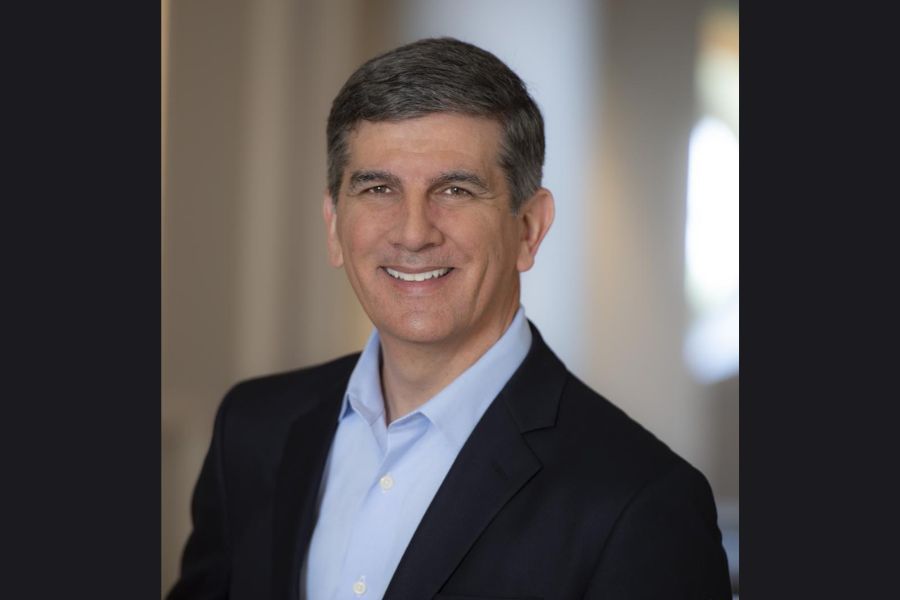D-Day for Bachus bill — and battle lines drawn over cost
 Some revising ahead for the chairman?
Some revising ahead for the chairman?
Opponents and backers of an SRO for investment advisers clashed in front of a Congressional panel on Wednesday. And this was just the first act.
Worries about the costs small investment advisory firms would bear under legislation that would move them from Securities and Exchange Commission oversight to an industry regulator dominated a congressional hearing Wednesday.
The author of the bill and chairman of the House Financial Services Committee, Rep. Spencer Bachus, R-Ala., said that he would consider amending the measure so that small advisers paid only a “de minimus” membership fee for the self-regulatory organization, which could turn out to be the Financial Industry Regulatory Authority Inc.
Mr. Bachus said that another idea might be for small advisers in states that conduct regular examinations — once every four years — to get some kind of discount toward the SRO membership dues.
“Republicans and Democrats are sensitive to the costs,” said Mr. Bachus, whose bill would authorize one or more self-regulatory organizations to conduct examinations of investment advisers with retail clients. “We don’t want to unnecessarily burden investment advisers, but at the same time, they need to be examined.”
The legislation would shift adviser oversight from the SEC, which has indicated that it has the resources to review the approximately 12,000 SEC-registered advisers only about once every decade.
During the hearing, which lasted more than two hours, no lawmaker enthusiastically embraced the bill. Many said that it is a “good start” but expressed reservations about the details.
No Democrat other than the one with whom Mr. Bachus introduced the bill — Rep. Carolyn McCarthy, D-N.Y. — was supportive of the measure. A couple Republicans questioned the efficacy of what they called “creating another regulator.”
Opponents of the bill argued that the SEC should continue to regulate advisers and receive a funding boost to increase the examination rate. A House committee today was poised to pass an appropriations bill that would increase the SEC budget only by $50 million for fiscal year 2013.
Critics also asserted that an SRO would represent an expensive additional layer of bureaucracy for investment advisers and kill jobs. They were especially critical of Finra’s filling the adviser SRO role.
A state regulator, John Morgan, Texas’ securities commissioner, said an SRO would impede states’ authority to regulate small advisers, who would have to register with the SRO even if the state conducted the examinations.
Four witnesses supported an SRO concept as a way to protect investors better. They pointed out that Finra reviews more than half of registered brokers every year.
Chet Helck, chief executive of the Global Private Client Group at Raymond James Financial Inc., testified that his company is regulated by the SEC, Finra and 50 states.
“We are dealing with all of the above,” said Mr. Helck, the chairman-elect of the Securities Industry and Financial Markets Association. “The people escaping portions [of the regulatory array] is where the problem lies. We need to level that playing field.”
A January 2011 SEC report to Congress outlined three ways to increase adviser examinations: allow the agency to charge a user fee, establish an SRO or extend Finra’s authority to include advisers who are dually registered as brokers. Each requires congressional approval.
David Tittsworth, executive director of the Investment Adviser Association, promoted the user fee model.
“It would be the most direct, the most efficient, the most effective way to enhance investment adviser oversight,” Mr. Tittsworth told lawmakers.
Rep. Maxine Waters, D-Calif., said she is drafting a bill that would authorize the SEC to charge user fees.
Richard Ketchum, Finra’s chief executive, tried to assuage lawmakers’ fears about the costs an SRO would place on small advisers. He said that 1,700 of the 4,402 brokers that Finra oversees pay $1,000 or less in dues annually.
He promised the same approach to small advisers if Finra becomes the adviser SRO.
“They will pay extremely low fees,” Mr. Ketchum said.
But Mr. Tittsworth raised concerns about exemptions in the SRO bill for advisers to hedge funds, private-equity funds and mutual funds, and for those whose portfolios are 90% or more high-net-worth or institutional investors.
If those advisers are taken out of the SRO mix, the cost burden will fall disproportionately on small advisers.
“Whatever approach you take, there are going to be additional costs,” Mr. Tittsworth said. “Someone’s going to have to bear these costs. Spreading the pain is something that is going to have to happen.”
Working with critics to modify the bill will likely push off a committee vote until later in the summer. Observers had expected it to occur in late June.
“I wouldn’t be surprised if the timeline slips,” said Dale Brown, chief executive of the Financial Services Institute Inc., which supports the SRO bill. “If it slips in order to get a better bill, that’s good.”
Learn more about reprints and licensing for this article.








